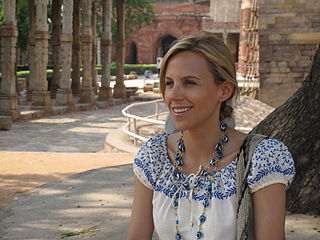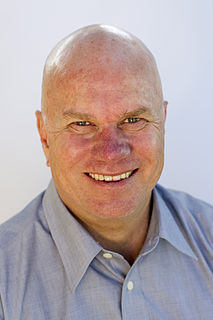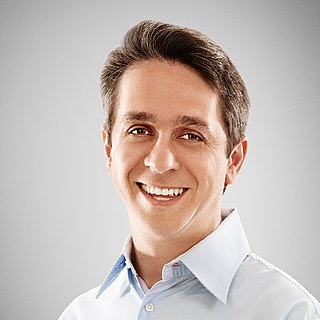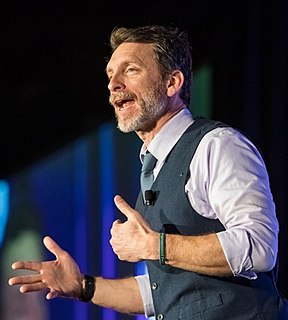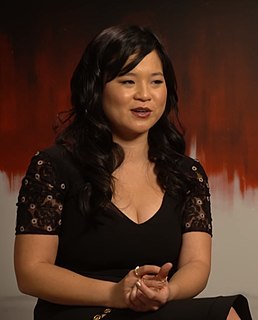A Quote by Tory Burch
Entrepreneurs have a great ability to create change, be flexible, build companies and cultivate the kind of work environment in which they want to work.
Related Quotes
Workers should have a right to sit across from management to collectively bargain about their work conditions, their wages, and the future direction of the company. To me, that's just a humane thing to do. It is unacceptable in the 21st century to have companies not want to do that with their employees and create a great work environment.
What we are saying is, we've got three aluminum factories, let's work with that, we cannot change that. Why not have the Icelandic people who are educated in high-tech and work already in those factories in the higher paid jobs, why not let them build little companies who are totally Icelandic with the knowledge they have? Then they get the money and it stays in the country. Then we can support the biotech companies and the food companies and all these clusters. I think that if you want to be an environmentalist in Iceland, these are the things you've got to be putting your energy into.
There has been an intention since day one that it's as important to us that we build profits as much as we build a wonderful culture and a lasting legacy of a great company. We've created this inclusive environment that's very thoughtful in terms of how we can create allyship, how we create mentorship, and what kind of voices are heard.
We want Facebook to be one of the best places people can go to learn how to build stuff. If you want to build a company, nothing better than jumping in and trying to build one. But Facebook is also great for entrepreneurs/hackers. If people want to come for a few years and move on and build something great, that's something we're proud of.
